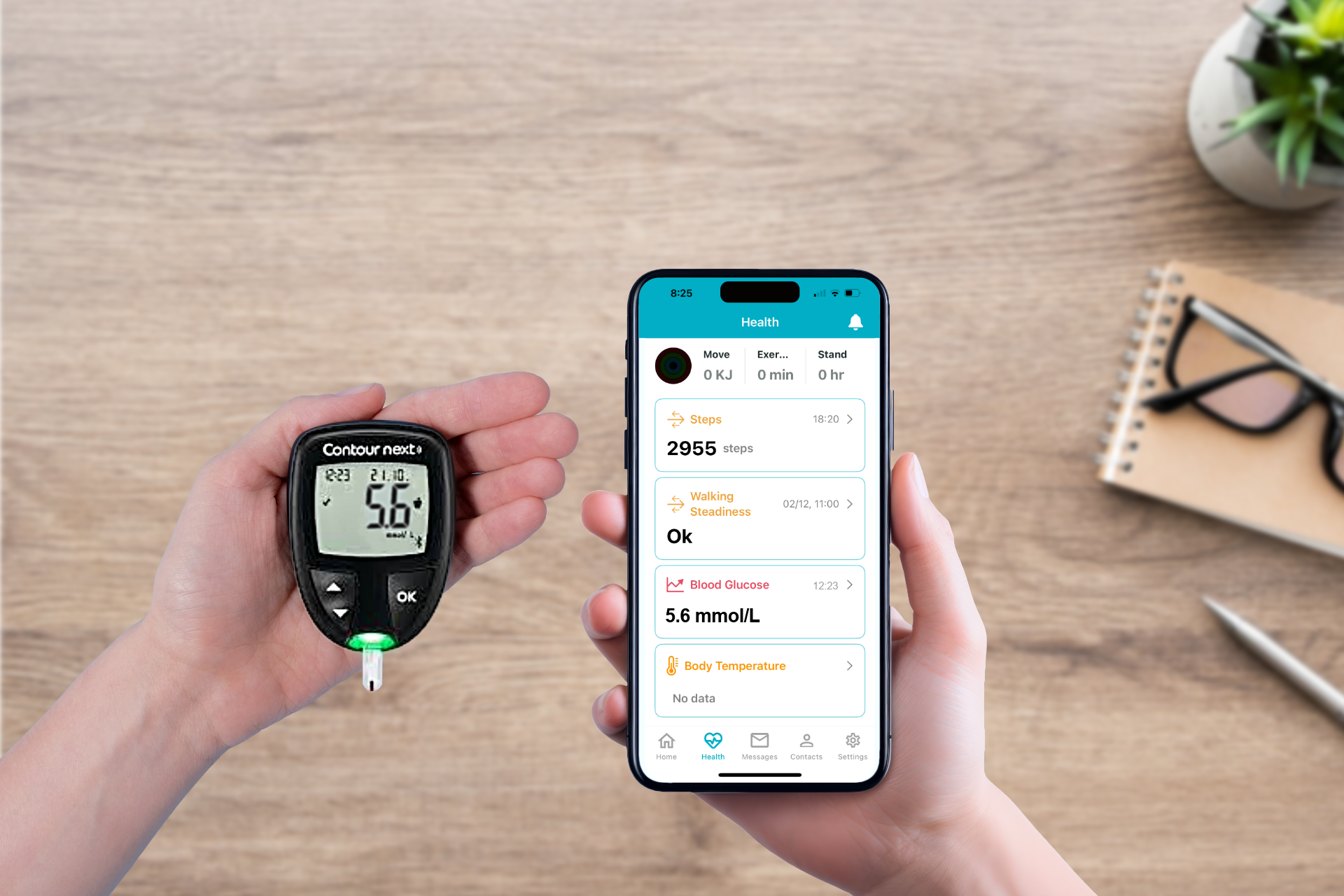Have a Question?
How to Apply for the Companion Card: Complete Guide for 2026

Important: INS LifeGuard does not issue Companion Cards. This is a government program managed by each state and territory. To apply, visit your state's official Companion Card website. All links are listed in the 'Companion Card Offices by State' section below.
As we age or experience disability, participating in everyday community life can become more challenging. Whether it’s going to the theatre, visiting a museum, or attending a sporting event, the need for support can often mean additional costs or logistical barriers. The Companion Card is a powerful tool designed to remove those obstacles.
This government initiative ensures people who require lifelong support can engage in social, cultural, and recreational activities with dignity and without financial penalty. In this guide, we break down everything you need to know about the Companion Card and how it supports inclusion, particularly for seniors and people with disabilities.
What is the Companion Card?
The Companion Card allows a person with a permanent disability, who requires attendant care to participate in the community, to have their companion admitted for free at participating venues and services. The cardholder pays for their ticket or entry, and their support person comes at no cost.
It is accepted across thousands of venues in Australia, including entertainment, transport, cultural, and sporting events.
Who is Eligible?
To be eligible, a person must meet all of the following criteria:
- Have a permanent disability or condition
- Require significant, ongoing support to access community venues or activities
- Be unable to attend these events without the support of another person
- Reside in the state or territory in which they are applying
Common Examples:
- People with mobility issues or wheelchair users
- Individuals with intellectual or cognitive disability, including dementia
- People with vision or hearing impairments who require communication support
- Those with neurological or degenerative conditions
- People who require assistance with personal care, behaviour, or medical needs in public
Note: Eligibility is based on support needs, not age or income. This includes people under 65 receiving NDIS services and older adults receiving support via aged care programs.
How to Apply for the Companion Card
Each state and territory manages its own Companion Card program, but the general process includes:
Step 1: Download or request an application form
Find the official form from your state or territory’s Companion Card website (links below).
Step 2: Complete the personal details section
Include proof of identity and a recent passport-style photo.
Step 3: Have a health professional complete the eligibility section
This must be filled out by a qualified professional, such as:
- GP or specialist
- Occupational therapist
- Physiotherapist
- Registered nurse
- Social worker or case manager (e.g., via My Aged Care or NDIS)
They must confirm:
- Your disability or condition is permanent
- You require lifelong attendant care
- The nature of the support required in public settings
Step 4: Submit supporting documents
This may include medical reports, assessment results, or a letter outlining the ongoing need for assistance.
Step 5: Submit the application
Post or email it to the relevant Companion Card office in your state.
Companion Card Offices by State
- NSW: Companion Card NSW
- VIC: Companion Card VIC
- QLD: Companion Card QLD
- WA: Companion Card WA
- SA: Companion Card SA
- TAS: Companion Card TAS
- NT: Companion Card NT
- ACT: Companion Card ACT
Where Can the Companion Card Be Used?
Thousands of venues across Australia accept the Companion Card, including:
- Theatres and cinemas
- Festivals and live events
- Museums and galleries
- Zoos and aquariums
- Public transport systems (varies by state)
- Major sporting venues
- Council-operated pools, community centres, and libraries
Look for the blue and orange Companion Card logo at participating venues. Some businesses also state eligibility on their websites or at the point of sale.

Real-Life Example: Jake and Margaret’s Stories
Jake is 35 and lives with an acquired brain injury. He uses a Companion Card so his support worker can accompany him to the football and community events at no extra cost. This helps him stay active, social, and involved in the things he loves.
Margaret, 82, has moderate dementia. Her daughter uses the Companion Card to support her on outings to the theatre and local festivals, making these trips more frequent and affordable.
Frequently Asked Questions
Does INS LifeGuard issue Companion Cards?
No. The Companion Card is a government initiative managed by each state and territory. We've created this guide to help people understand and access this valuable program. For NDIS personal alarms and 24/7 monitoring services, feel free to browse the INS LifeGuard website or give us a call on 1800 636 226.
Is the Companion Card means-tested?
No. Your financial situation does not impact eligibility.
Can I use the card interstate?
Yes, in most cases. Companion Cards are recognised across all Australian states and territories.
Can I choose who accompanies me?
Yes. The card does not name the support person; it simply allows someone to accompany you free of charge.
Can I still apply if I have a Home Care Package or NDIS plan?
Yes. The Companion Card works alongside other supports and funding packages.
What if I lose my card?
You can contact your Companion Card office to request a replacement.
Final Thoughts
The Companion Card is more than a cost-saving measure; it’s a gateway to inclusion, independence, and community connection. Whether you are an NDIS participant, a person living with disability, or an older adult receiving aged care support, the Companion Card helps ensure you are not left behind.
It reduces financial strain on carers and families and makes it easier to live life on your terms.
Ready to apply? Visit your state or territory's official Companion Card website using the links provided earlier in this guide.
About INS LifeGuard
While we don't issue Companion Cards, as a registered NDIS provider, INS LifeGuard offers trusted NDIS personal alarm and medical alarm systems to support NDIS participants.
Our 24/7 nurse-on-call service is available not only to NDIS participants but also to seniors and anyone wanting to live independently, offering reassurance, safety, and the confidence of knowing professional support is always within reach.

About
INS LifeGuard is the only 24/7 nurse on-call personal and medical monitoring in Australia. We provide monitoring technology for both in the home and on the go and can also monitor other provider's equipment. Our services are suitable for anyone wanting support to stay independent such as the elderly, those with medical conditions and disabilities plus enhancing safety and security for lone workers.

















